Workshop Setup
These slides (open them on your computer):
https://slides.com/jasonbahl-1/wcoc
or
Optional, but helpful:
GraphiQL
Super Powered Single page apps
with react, wordpress & graphql
WordCamp orange county 2017
Me.
- Senior WordPress Engineer at Digital First Media in Denver, CO
- Denver native
- WordPress Developer for 8+ years
- I love WordPress, and Open Source in general
- Creator and maintainer of the WPGraphQL plugin
Things this workshop
will cover.
- Intro to React and GraphQL
- Build a Single Page App with:
- Styled Components
- Routing
- Redux state management
- GraphQL queries managed by Apollo Client
- Customize the WPGraphQL Schema


The Modern Web
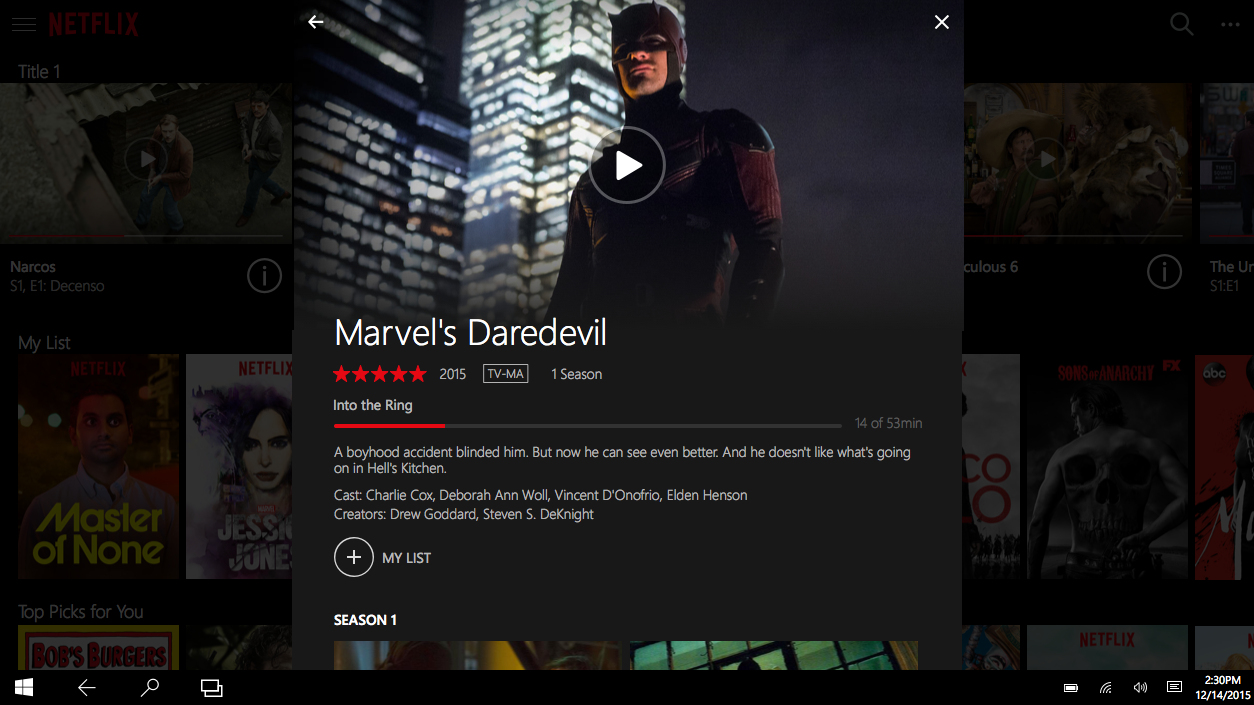


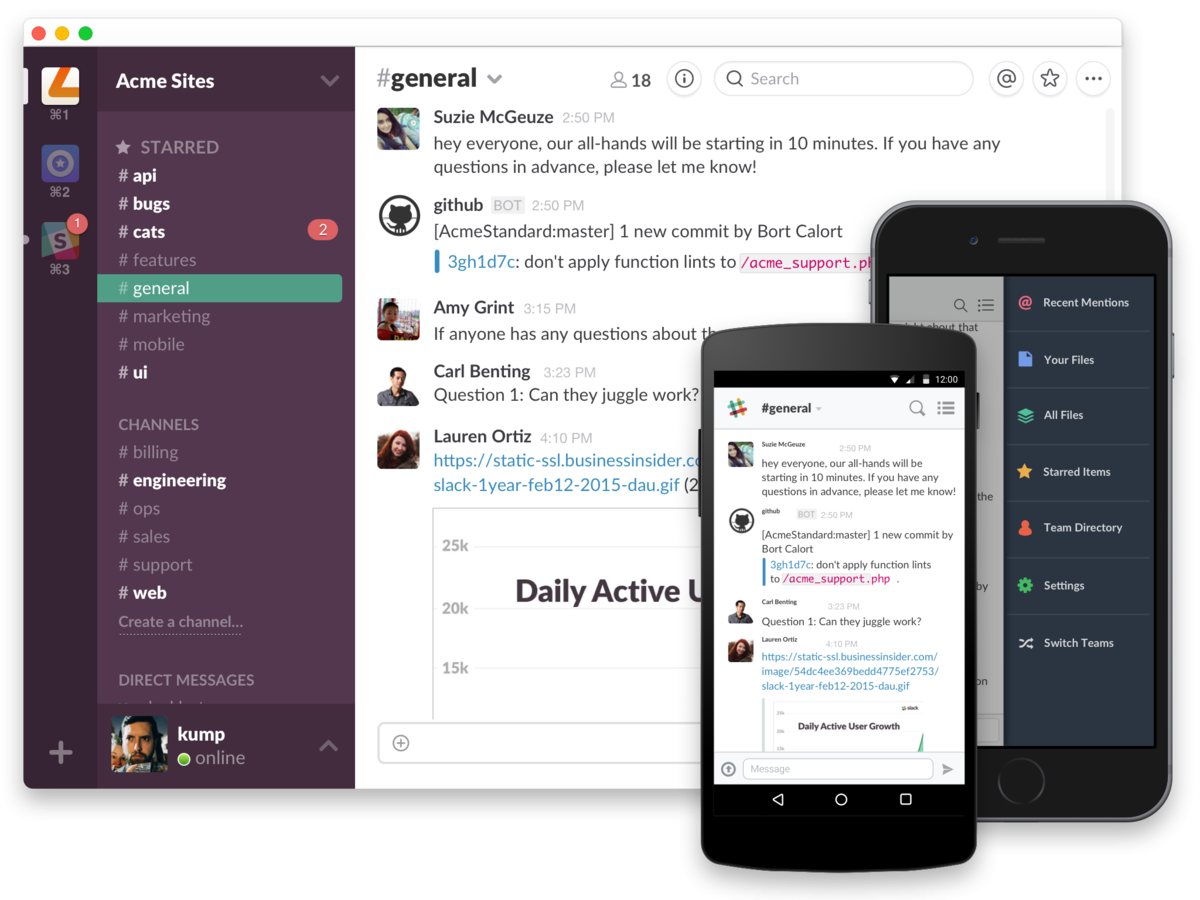
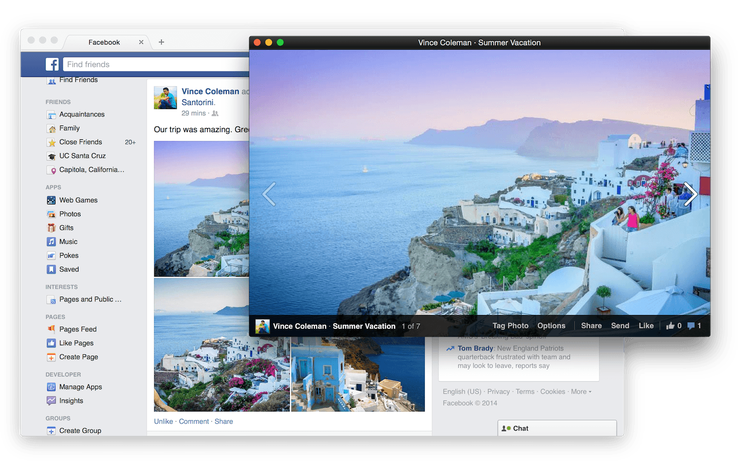
The Modern Web

The Modern Web

The Modern Web
Reactive and Stateful
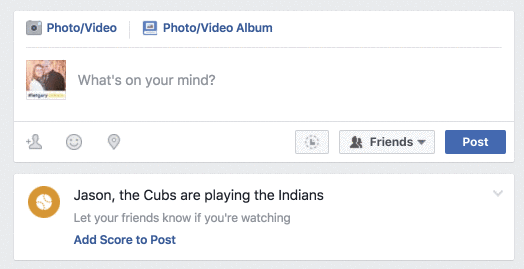
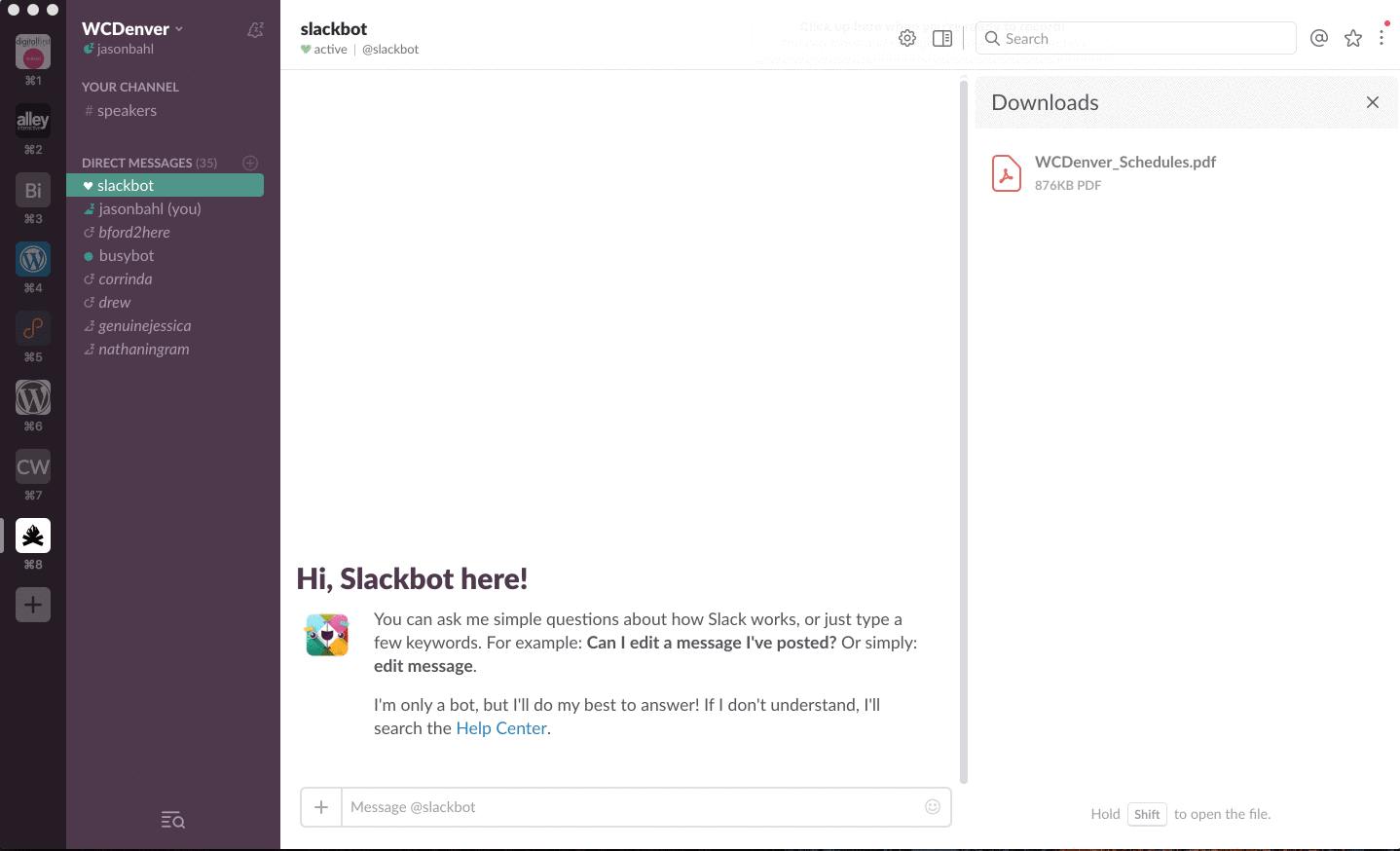


What is REACT?

- Open Source JavaScript library created and maintained by Facebook
- Declarative, component-based architecture
- Uses JSX which compiles down to JavaScript
- Uses "props" and "state" to manage state (keep truth out of the DOM)
How React Works

First things first...what is DOM?
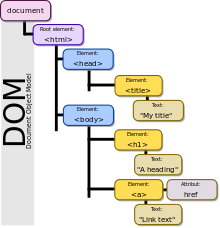
How React Works

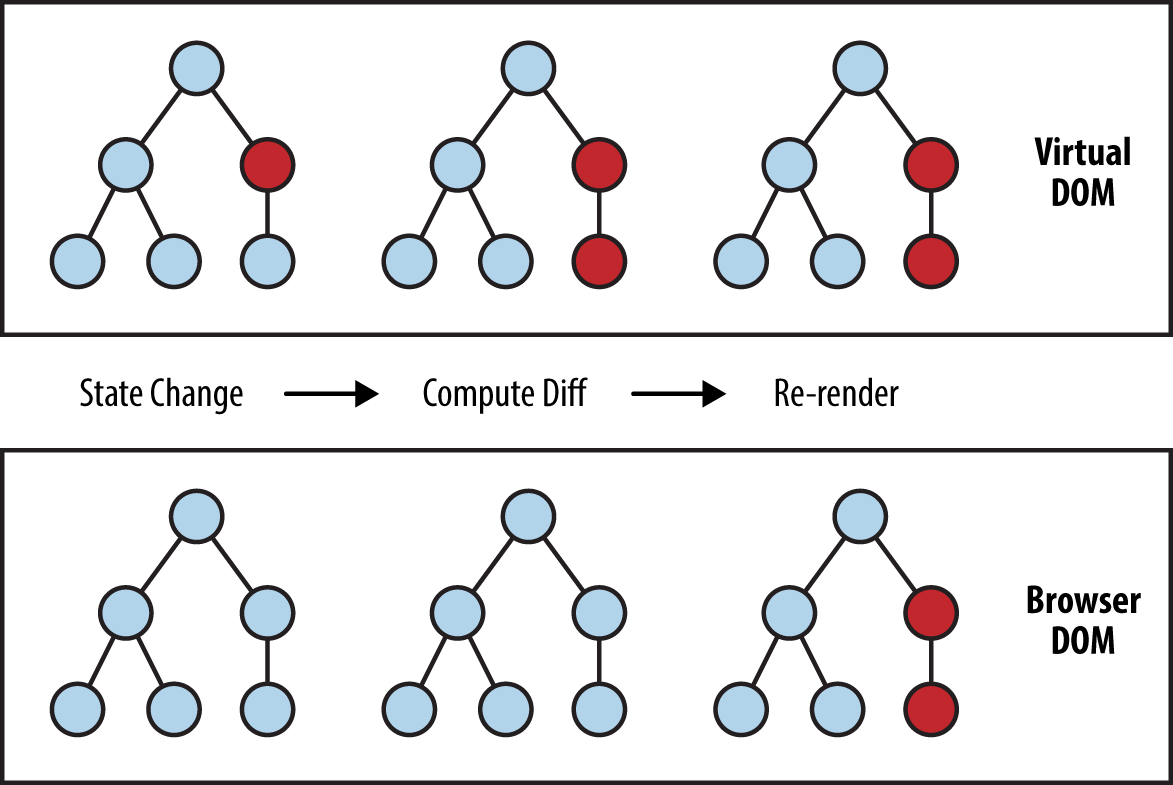
Let's Build something!
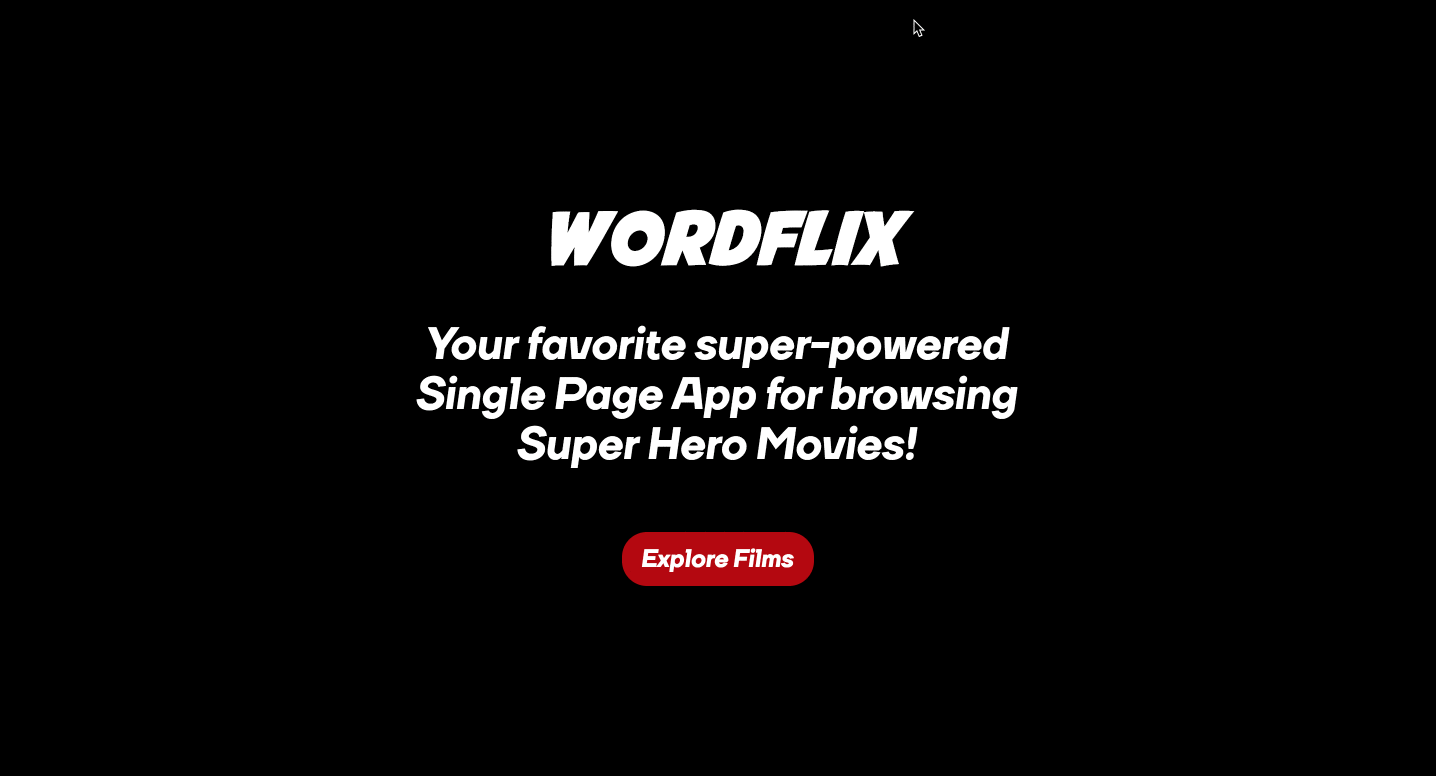
Intro to Components and Styled Components

Adding routes

Layout & Nested Routes

Populating our app with data


What is Graphql?

A query language for your API
GraphQL is a query language for APIs and a runtime for fulfilling those queries with your existing data. GraphQL provides a complete
and understandable description of the data in your API, gives
clients the power to ask for exactly what they need and
nothing more, makes it easier to evolve APIs over time, and
enables powerful developer tools.
http://graphql.org/
- Query Language for APIs using existing data
- Complete & understandable description of the data in your API
- Client controls the model (exactly what is asked for in the shape it was asked)
- Easier versioning & powerful tooling
GraphQl Query Language

{
me {
name
}
}
{
data: {
me: {
name: "Jason Bahl"
}
}
}
GraphQL Query
GraphQL Result
GraphQl Query Language

query GetPost {
post( id: "..." ) {
title
link
bylines {
name
}
}
}
{ data: { post: { title: "Hello World!" link: "http://site.com/hello-world" bylines: [ { name: "John Doe", }, { name: "Jane Doe", } ] } } }
What does graphql mean?
GRAPH = APPLICATION DATA GRAPH
QL = QUERY LANGUAGE

GRAPH != GRAPH DATABASES
GRAPH != GRAPH Search
WP Application data graph

Post
Byline
"Jane Doe"
"Hello World"
name
title
Post
"Goodbye Mars"
title
Byline
"John Doe"
name
Graphql lets us pick
trees out of the graph

Pick Trees out of the graph

query GetPost {
post( id: "..." ) {
title
link
bylines {
name
}
}
}
{ data: { post: { title: "Hello World!" link: "http://site.com/hello-world" bylines: [ { name: "John Doe", }, { firstName: "Jane Doe", } ] } } }
WP Application data graph

Post
Byline
Jane Doe
"Hello World"
name
title
Post
"Goodbye Mars"
title
Byline
John Doe
name
That doesn't look
like a tree?

WP Application data graph

Post
Byline
Jane Doe
"Hello World"
name
title
Byline
John Doe
name
bylines
bylines
Traversal

RootQuery
post( id: "..." )
title
query {
}
post( id: "..." ) {
}
title
do_graphql_request()
get_post( $id )
$post->post_title
Client controls the model

query {
posts {
edges {
node {
}
}
}
}
author {
name
avatar(size: 50) {
url
}
}
followLink
title
featuredImage(width: 300) {
url
}
excerpt
site {
name
link
}







Demo Time!

Demos:
- documentation
- postList
- variables
- nested relations
- pages
- pagesAuthorsPosts
- multiple root queries
- node query
- aliasing
- fragments
- introspection (via GraphQL Vogager)
Connecting Apollo

Connecting to GraphQL

Customize our Graphql schema

<?php
use WPGraphQL\Types;
function wcoc_add_release_date_field( $fields ) {
$fields['releaseDate'] = [
'type' => Types::string(),
'description' => __( 'The date the film was released', 'graphql-workshop' ),
'resolve' => function( \WP_Post $post ) {
$release_date = get_post_meta( $post->ID, 'release_date', true );
$timestamp = strtotime( $release_date );
return ( false !== $timestamp ) ? date( 'M j, Y', $timestamp ) : null;
},
];
return $fields;
}
add_filter( 'graphql_post_fields', 'wcoc_add_release_date_field', 10, 1 );
Paginating data

Easier versioning

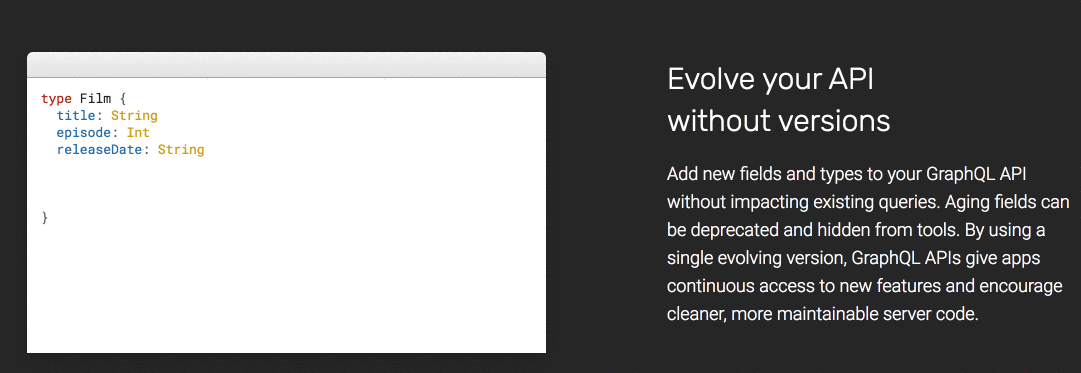
Amazing Tooling

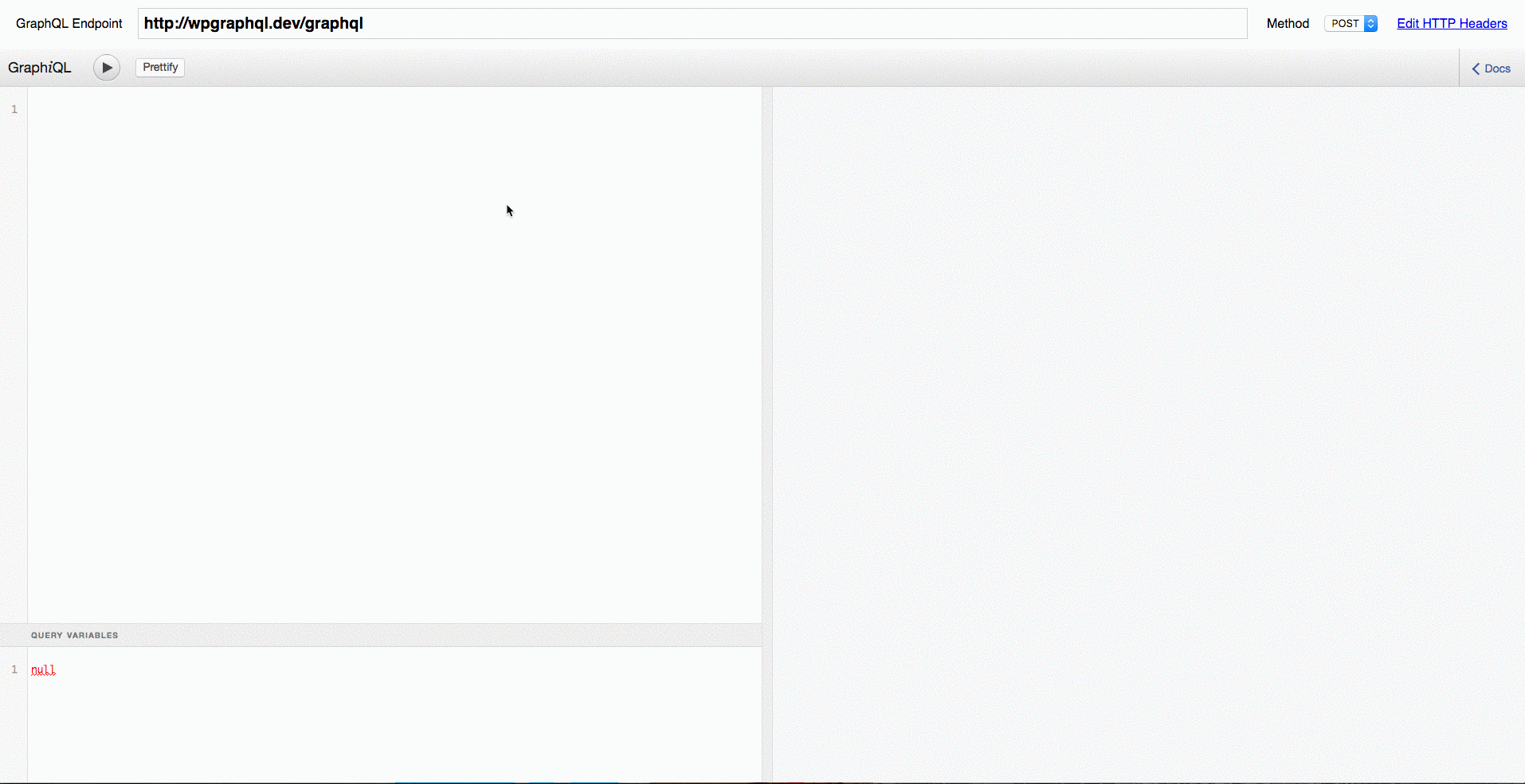
Amazing Tooling

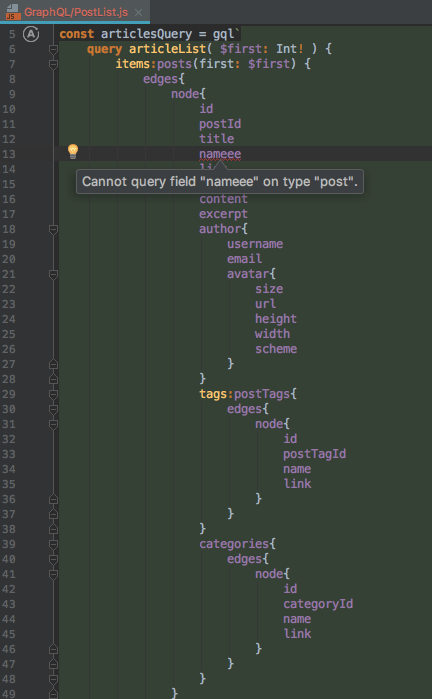
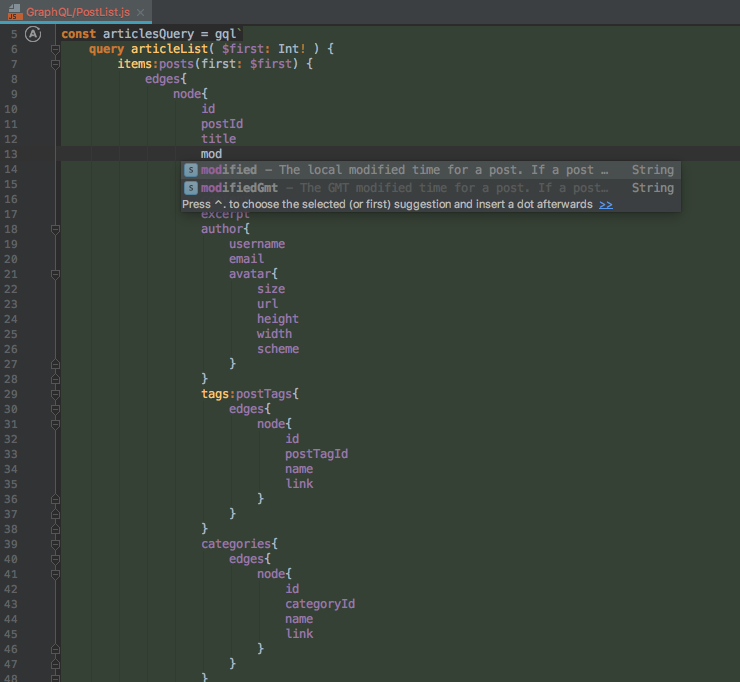
Should I Use GraphQL?

App Size / Complexity
Effort
Line of "fed-up"
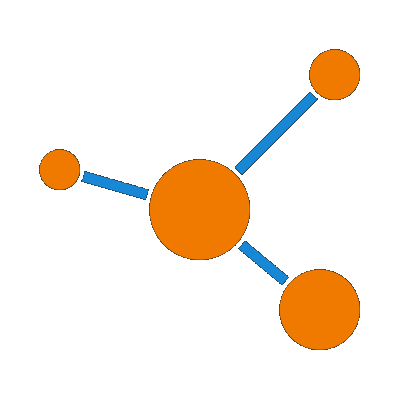

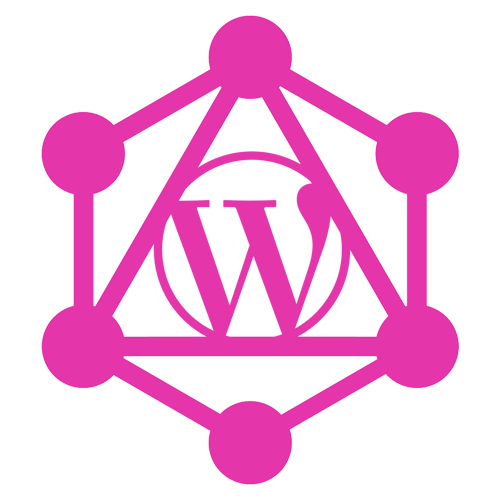
Amazing Tooling

Available for Wordpress today

(pre-release)

Helpful Tools & Resources
GraphQl Query Language

query GetPost($id: Int!) {
post(id: $id) {
title
link
bylines {
firstName
lastName
email
}
}
}
variables: {
"id": "cG9zdDoxMTc4"
}
Operation type
Operation name
Variable Definitions
Selection set on query
Selection set on post
https://goo.gl/4PbVrq
GraphQl SCHEMA

Query & Mutation Types
http://graphql.org/learn/schema/
schema: {
query: Query
mutation: Mutation
}
Every GraphQL service has a query type and may or may not have a mutation type. These types are the same as a regular object type, but they are special because they define the entry point of every GraphQL query
GraphQl SCHEMA

Complete & understandable description of data
- Query & Mutation Types
- Object Types & Fields
- Arguments
- Scalar Types
- Enumeration Types
- Lists & Non-Null
- Union Types
- Input Types
http://graphql.org/learn/schema/
GraphQl SCHEMA

Object Types & Fields
http://graphql.org/learn/schema/
Type Post {
id: Id!
title: String
postId: Int!
bylines: [ Byline ]
}
Type Byline {
firstName: String!
lastName: String
email: String
posts: [ Post ]
}
The most basic components of a GraphQL schema are object types, which just represent a kind of object you can fetch from your service, and what fields it has
GraphQl SCHEMA

Arguments:
Every field on a GraphQL object type can have zero or more arguments, for example the length field below
http://graphql.org/learn/schema/
Type Byline {
firstName: String!
lastName: String
email: String
posts( first: Int! ): [ Post ]
}
GraphQl SCHEMA

Scalar Types:
At some point fields have to resolve to some concrete data. That's
where the scalar types come in: they represent the leaves of the query
http://graphql.org/learn/schema/
Int, Float, String, Boolean, ID
Custom defined (date? email? url? other?)
GraphQl SCHEMA

Enumeration Types:
Also called Enums, enumeration types are a special kind of scalar that is restricted to a particular set of allowed values
http://graphql.org/learn/schema/
enum Episode {
NEWHOPE
EMPIRE
JEDI
}
GraphQl SCHEMA

LISTS & NON-NULL Types:
Non-null types will throw an error if a null value is returned,
or a null value is used for the input argument.
Lists indicate that an array will be returned or an array
is expected for input of an argument.
http://graphql.org/learn/schema/
Type Post {
id: Id!
bylines: [ Byline ]
}
GraphQl SCHEMA

Union Types:
Union Types can define on of many types that can be returned where
the returned type is not known until the query is run.
For example, in WordPress, an item in the media library can have a parent that could be a post, page or custom post type.
http://graphql.org/learn/schema/
Type MediaItem {
id: ID!
parent: Post | Page
}
GraphQl SCHEMA

Input Types:
Input types define the shape of what can be input into arguments
or mutations. This is particularly valuable where input values
might consistof entire objects or other nested values
In WordPress, an example might be the
arguments for tax_query or meta_query
http://graphql.org/learn/schema/